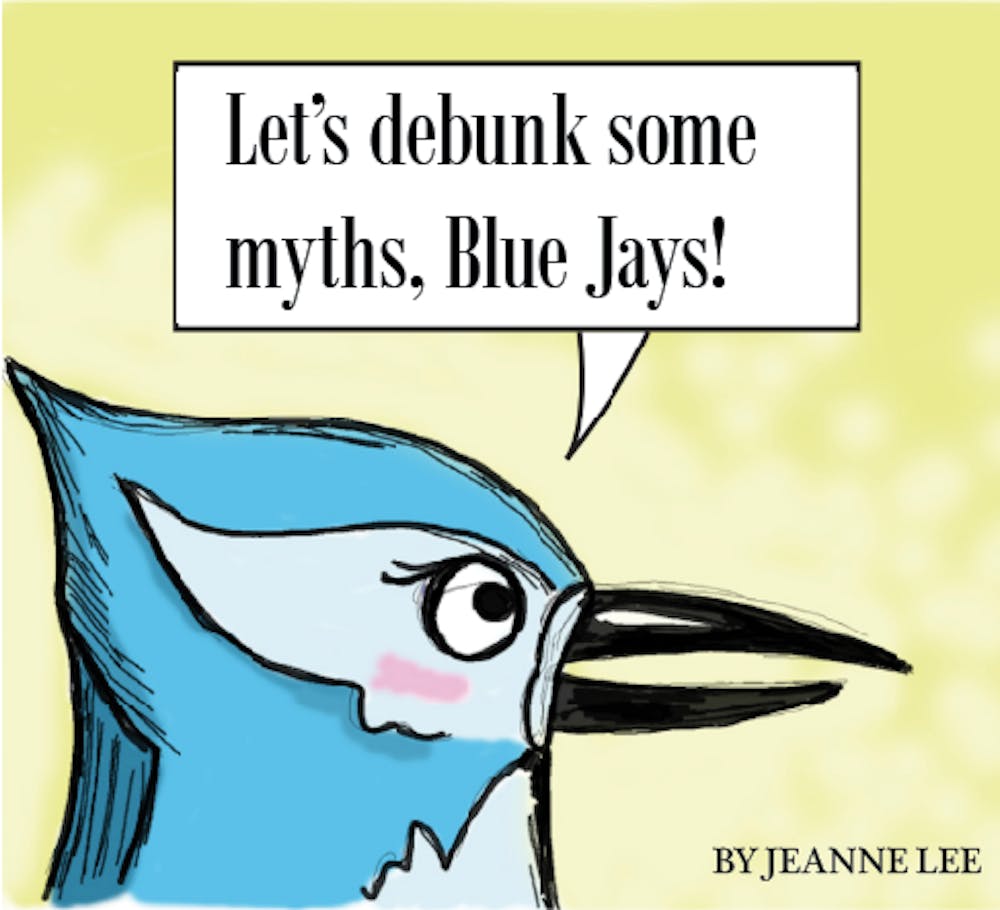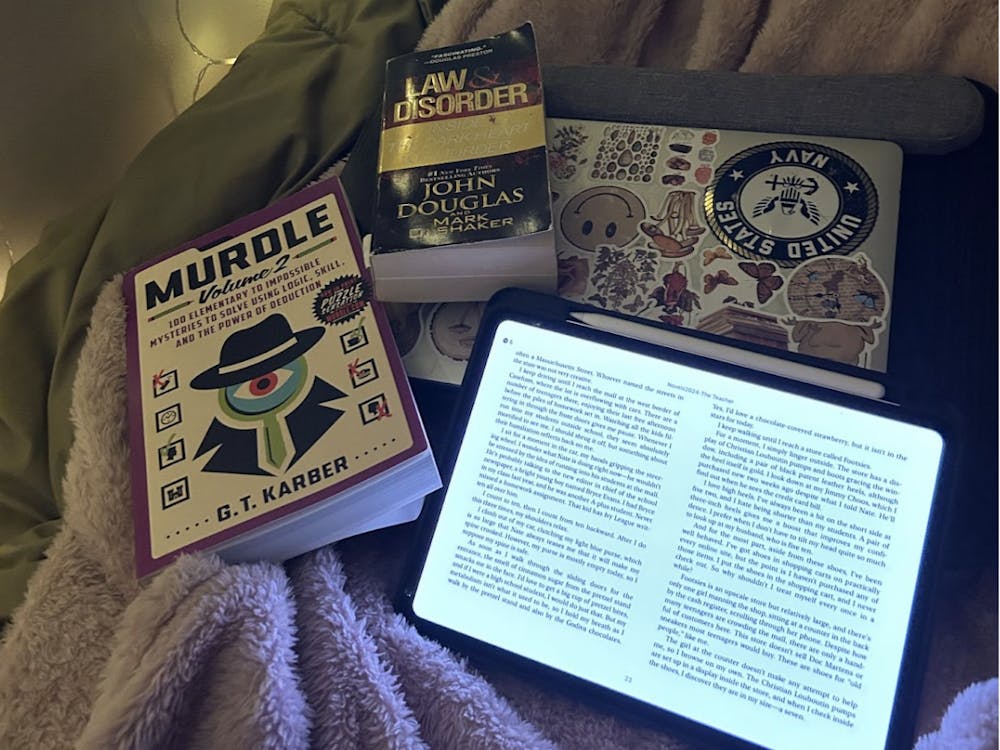During my first days at Hopkins, I was incredibly anxious about how I would fare and whether I would be happy. But after forging meaningful relationships with friends from diverse backgrounds and getting a taste of the undergraduate experience, I learned that the negative stereotypes concerning Hopkins are based more on fearful speculation than actual experience.
Seeing the school’s true face made all the difference for me and significantly improved my experience here. In the end, we shouldn’t dwell on these stereotypes but understand why they happen and do our best to make our university the best place it can be, regardless of our preconceived notions.
Here I’ll break down some of the most common stereotypes you’ll hear during your time at Hopkins like “Is everyone here really on the pre-med track?” or “Are students crazy competitive in their classes?”
Where do these stereotypes come from? Are they true? And what can we do about them?
Stereotype: Everyone is pre-med
Although many students come into college with the goal of eventually entering the medical field, some students change their minds throughout their time here. According to numbers from the Pre-Professional Advising Office, for the class of 2015, 403 undergraduate students applied to medical school from Hopkins, and assuming these applicants graduated from the class of 2015, that would constitute 23.51 percent of undergraduates. Though this might still seem like a sizable amount, it is far less than what people think.
Stereotype: Students are over-competitive and cutthroat
It is no lie that Hopkins is an academically challenging place. However, many students come in with the preconception that the academic environment is not only challenging but also competitive and cutthroat. I’ve met people who would ask me if I was only taking Intro Chem to get an easy A, badger me about how I scored after every single exam or always talk about beating the curve. However, I’ve also had plenty of friends who didn’t let the stress of academics lead them to active competition with their peers. These are the same friends that I depend on the most and who inspire me to work hard and do my best while keeping my stress in check.
Stereotype: There is little time for fun outside of academics
Due to the heavy workload from classes, students may worry that there is little time for hobbies, relationships or really anything outside of schoolwork. True, the schoolwork can be quite heavy, but it can be managed with effective planning. And who’s to say that schoolwork itself can’t be a source of happiness? Explore new avenues while registering for classes. Study what you are interested in and cultivate your passion. Above all, try to strike a balance between studying and recreation in a way that they come to mutually enhance each other.
There are over 350 student groups on campus, many of which aren’t academically-oriented. While I was trying to adjust to my first year here, my club activities were a way for me to take a break from school work and relax. On Monday nights, I would rehearse with the Hopkins Symphony Orchestra; on every other Thursday I would go to an activity sponsored by MAAP (the Mentoring Assistance Peer Program). After going to the student involvement fair, I joined a club that translated medical documents as a way to practice my language skills, and just last semester I attended a News-Letter meeting on a whim and have been involved in the organization ever since.
Stereotype: STEM students are prioritized over those in the humanities
Because of the University’s reputation as a robust scientific research institution, there is a prevailing attitude among students that STEM majors have more resources and work harder than humanities majors. This preconception may stem from the inability to see the humanities as practical, challenging or worthy of study. As a student double-majoring in Neuroscience and English, I can confidently say that my English courses take as much, if not more, time and effort than some of my STEM classes, sharpen my capacity for critical analysis of ideas and have been vital to my experience at Hopkins.
Humanities students interested in pursuing an independent research project or seeking out an internship can access resources provided through the University — those aren’t limited to STEM majors! And with smaller classes and tight-knit departments, humanities students often form close bonds with their peers and professors. No matter what your field is, there are opportunities here at Hopkins.





